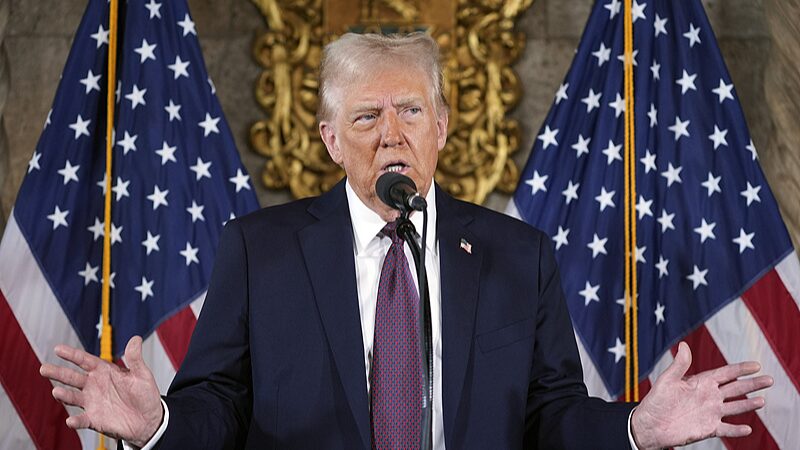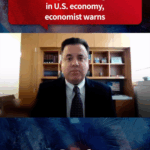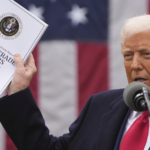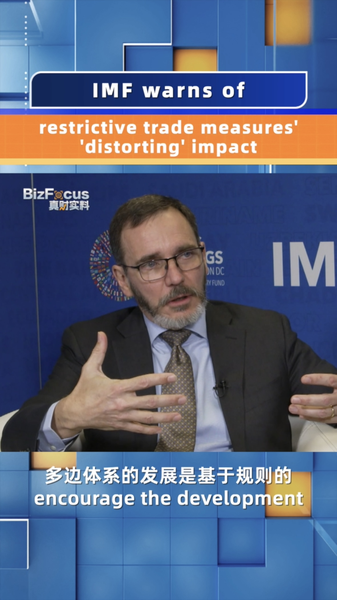David Firestein, president and CEO of the George H. W. Bush Foundation for U.S.-China Relations, has cautioned that former U.S. President Donald Trump's proposed 'reciprocal tariffs' policy could trigger severe economic repercussions for the United States. Firestein highlighted risks including inflation, job losses, a weaker dollar, and potential recession during a recent analysis of the policy's implications.
He emphasized that while the tariffs aim to address trade imbalances, their broad application could disrupt supply chains, raise consumer prices, and invite retaliatory measures from trading partners. This could disproportionately affect U.S. industries reliant on imported raw materials, Firestein noted, with manufacturing and agriculture sectors at particular risk.
Global markets are closely monitoring the proposal's development, as its implementation could reshape international trade dynamics. For Asian economies deeply integrated with U.S. supply chains, the tariffs may accelerate shifts toward regional trade agreements and alternative markets such as the Chinese mainland and Southeast Asia.
Firestein's warning comes amid heightened debate over trade policy's role in economic strategy, with academics and business leaders urging balanced approaches to maintain global economic stability.
Reference(s):
Expert: Trump's 'reciprocal tariffs' could destabilize U.S. economy
cgtn.com








